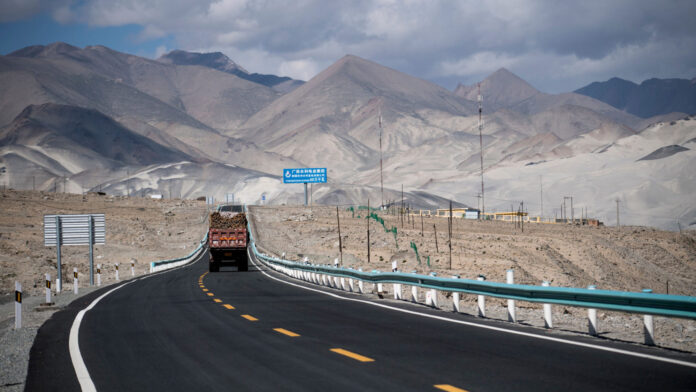ISLAMABAD: Pakistan’s trade deficit with China has reached alarming levels, prompting lawmakers to call for urgent reforms, stronger accountability, and a shift toward value-added exports.
While the Ministry of Commerce has quietly taken various steps to balance trade with the United States after former President Donald Trump’s warning of possible tariffs — despite Pakistan enjoying a surplus in its favor, the same ministry has failed to reduce the massive trade gap with China, which remains overwhelmingly tilted in Beijing’s favor.
According to official figures, Pakistan imported goods worth $20.8 billion from China in FY2020–21 against exports of just $ 3.1 billion. The latest 2024–25 data shows the imbalance persisting, with imports at $ 17 billion compared to exports of only $ 2.7 billion.
Members of the National Assembly Standing Committee on Commerce, chaired by Muhammad Jawed Hanif Khan, noted that Pakistan continues to export raw materials such as copper and cotton, only to re-import them as expensive finished goods. They urged the government to shift toward value-added production in textiles, minerals, and processed meat — the latter holding an export potential of $ 5 billion.
“The trade equation with China highlights structural weaknesses in our commerce strategy. Without value addition and institutional accountability, Pakistan will remain trapped in a cycle of dependency,” one member remarked during the meeting.
The Commerce Ministry informed the Committee that under Phase III of the Free Trade Agreement (FTA) with China, fifteen Sanitary and Phytosanitary Standards (SPS) and Technical Barriers to Trade (TBT) protocols have been signed, and concessions on 700 items granted. Proposals such as a Green Channel at Khunjerab Pass are also under consideration. Lawmakers, however, cautioned that paperwork and protocols alone will not close the gap, pressing for stronger performance by trade missions abroad and proactive showcasing of Pakistani products on global platforms.
Beyond China, the Committee reviewed other trade agreements, acknowledging gains in seafood, maize, and textiles under the Malaysia–Pakistan Closer Economic Partnership Agreement (MPCEPA) and expanded concessions under the Pakistan–Sri Lanka Free Trade Agreement (PSFTA). Yet, members warned that reliance on low-value exports, outdated agreements, high energy costs, and non-tariff barriers abroad continue to limit trade performance.
Domestically, the Committee resolved a long-standing issue by reaffirming the Karachi Chamber of Commerce and Industry (KCCI) as the country’s premier chamber while allowing new district chambers without undermining its role. The case of the North Karachi Association of Trade and Industry (NKATI), whose license lapsed in 2019 but was flagged only this year, was also taken up, with members recommending referral to the Federal Government.
Lawmakers further called for the immediate revival of S.R.O. 760, expressed concern over contradictory statements made in Parliament, and recommended creating a dedicated authority for gemstones and jewelry, citing India and Bangladesh as successful regional models.
Concluding the session, the Committee stressed that Pakistan must urgently address structural flaws in its trade strategy, strengthen institutional support, and prioritize value-added exports to compete globally and secure long-term trade sustainability.




